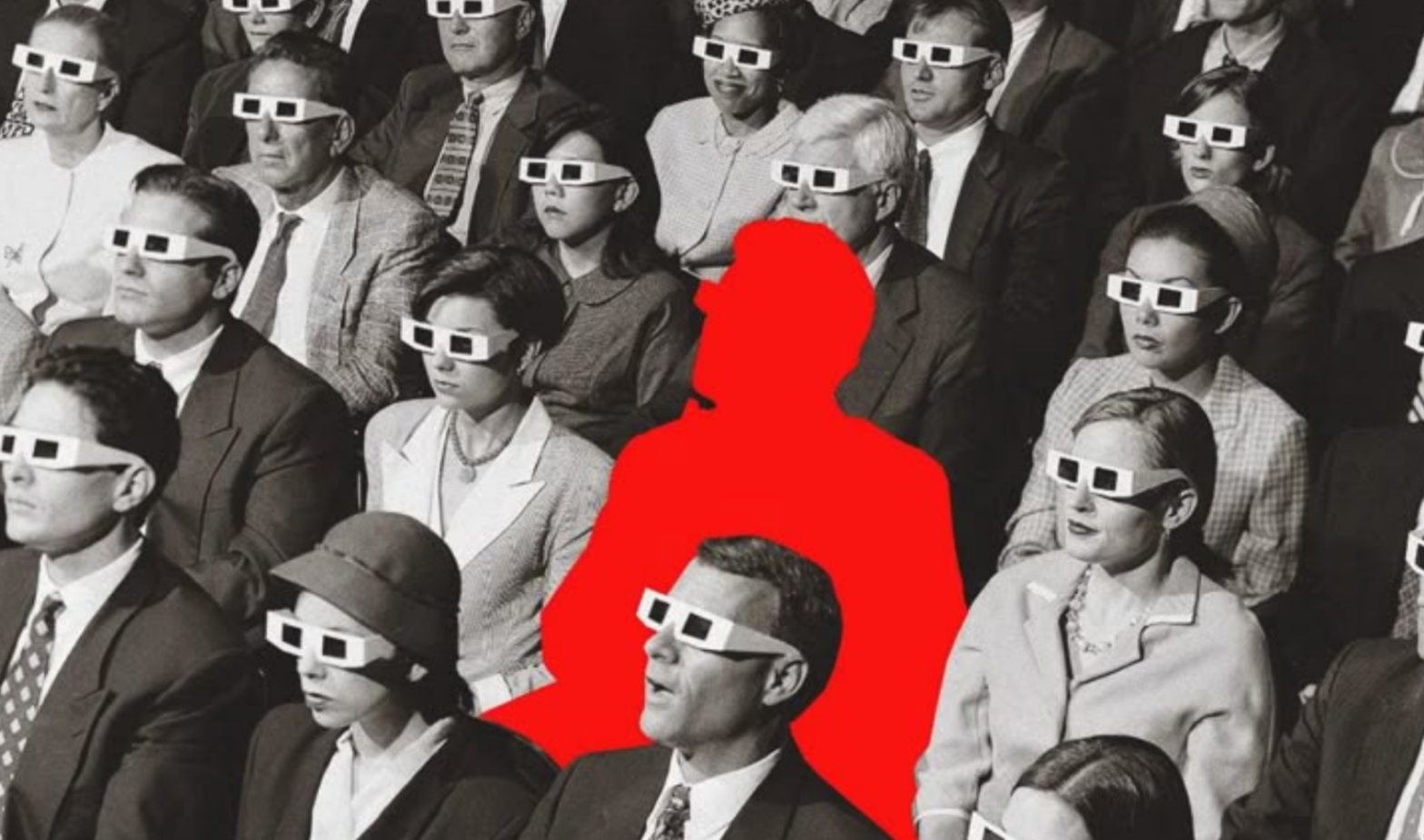Every day, people open their phones and step into refugee camps, protests, weddings, and war zones thousands of miles away. These glimpses, intimate and unfiltered, are becoming the new currency of global influence. After October 7, 2023, Shayma Ahmed began documenting daily life amid airstrikes, explaining the strain of ordinary tasks and moments of quiet resilience in Gaza. Her voice memos and phone calls have reached audiences who would otherwise rely on distant reporting to understand the conflict. In Iran, women have been documenting their routines as well, filming the clothes they choose for social outings and the separate outfits they carry to navigate checkpoints and the morality police. From Ukraine to Yemen, Afghanistan to the Sahel, firsthand perspectives are circulating widely online, creating a new kind of globalization.
Personal storytelling has become a potent driver of global perception. Influence no longer travels through governments or formal institutions alone; it now moves through ordinary people sharing short videos, posts, and commentary that shape how nations, conflicts, and cultures are seen worldwide.
Scholars have long emphasized this approach. Joseph Nye, the former U.S. Assistant Secretary of Defense who coined the term “soft power,” described it as the ability to achieve goals through attraction rather than coercion, using culture, political ideals, and foreign policy reputation as instruments.
In recent years, the landscape of soft power has evolved. While governments and cultural institutions still deploy traditional tools, ordinary individuals now play a central role in shaping global perception. The rapid dissemination of firsthand content has amplified their influence, allowing audiences to engage with events directly and form opinions before official messaging arrives. Because these narratives are perceived as immediate and trustworthy, they often carry more emotional weight than institutional reporting. In bypassing traditional gatekeepers, personal accounts connect viewers with unfiltered experiences once mediated by journalists or diplomats, revealing how influence today is dispersed, participatory, and increasingly rooted in the credibility of ordinary people.
As trust in governments and established media erodes, audiences now turn to firsthand accounts as credible alternatives.These unmediated narratives allow people to form judgments directly from lived experience rather than official interpretation, giving ordinary individuals an unprecedented ability to influence how conflicts, societies, and cultures are perceived worldwide.
Soft power today is increasingly carried not by diplomats but by individuals. Influencers, documentarians, vloggers, and ordinary citizens have become the new cultural envoys, shaping how nations are perceived long before an embassy issues a statement. Anthony Bourdain was an early example of this shift. Through food and conversation, he offered audiences a glimpse of the human texture behind politics – an intimacy traditional diplomacy could never replicate. Now, creators across continents are continuing that work in real time. A video filmed on a cellphone in Lagos or Lahore can reach millions within hours, reframing how the world imagines a place. In this new terrain, the national image is no longer curated by ministries of culture but by the people living it.
But the democratization of influence carries its own contradictions. The same content that brings empathy and visibility can also distort, romanticize, or flatten complex realities into spectacle. Social platforms reward immediacy and emotion, not necessarily truth. Algorithms decide which stories rise and which disappear, creating a kind of manufactured authenticity that can be as strategic as any press release. And as these personal narratives multiply, the question of representation grows sharper: who has the right to speak for a place, whose version of reality becomes the one the world believes, and who profits from that attention?
Soft power has become participatory, unpredictable, and deeply human. Yet in this networked age, whose vision guides us and what do we truly understand when the story comes through someone else’s lens?





















